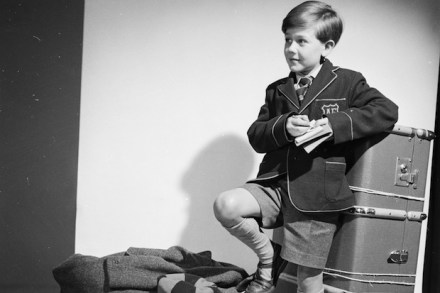Looking up an old friend
As far as I know, there’s no word in the English language for feeling both terrified and smug at the same time. That’s how I felt when I gave a recent talk to my old school, Westminster, from the pulpit in Westminster Abbey. The talk was about how guilty I felt at taking the Westminster Abbey for granted when I was a boy there in the 1980s — the abbey being the school chapel. I worked out that I’d been to the abbey 400 times when I was at school. Well, to be precise, that’s 400 minus the number of times I bunked abbey — which I began to do




















